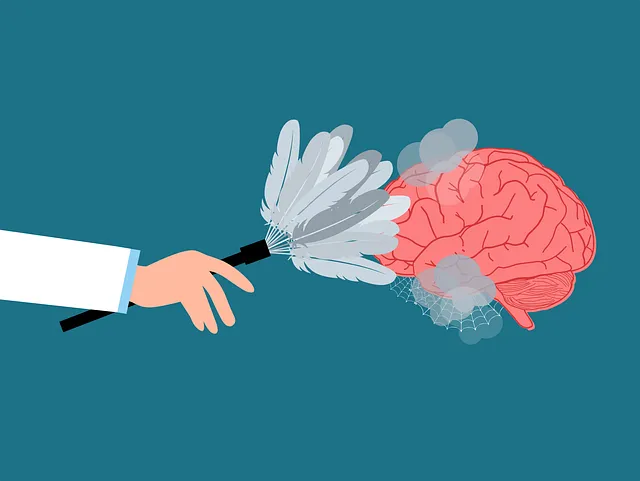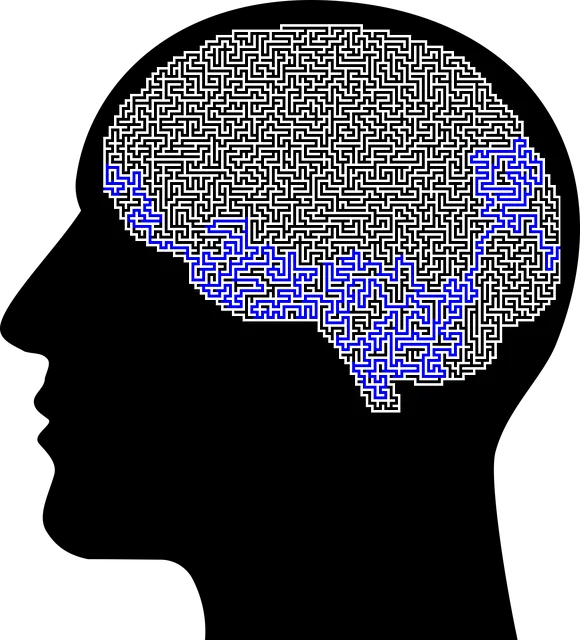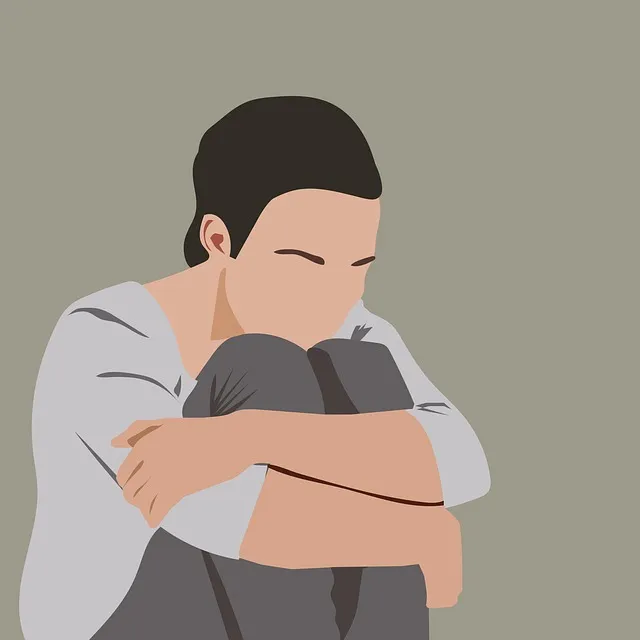Depression is a global concern that can be managed through early recognition of its signs, as highlighted by the Kaiser Permanente Mental Health Appointment Center in Lone Tree. They emphasize timely intervention and offer resources like cognitive-behavioral therapy (CBT), mindfulness, and self-care practices to empower individuals in managing their emotional health. Lifestyle changes, such as exercise, adequate sleep, nutrition, and mindfulness, play a crucial role in enhancing mental well-being. CBT has proven successful in treating depression, focusing on negative thought patterns and behaviors. Building a strong support network and keeping a Mental Wellness Journal are key strategies for prevention and fostering emotional resilience.
Depression is a common yet serious condition affecting millions, but prevention is key. This article explores effective strategies to combat this invisible enemy, emphasizing the role of early intervention and proactive measures. We delve into recognizing depressive signs, highlighting the expertise of the Kaiser Permanente Mental Health Appointment Center Lone Tree in providing vital support. Additionally, lifestyle changes, cognitive behavioral therapy (CBT), and building a strong support network are showcased as powerful tools for depression prevention.
- Understanding Depression: Recognizing the Signs and Symptoms
- The Role of Kaiser Permanente Mental Health Appointment Center Lone Tree in Prevention
- Lifestyle Changes for Better Mental Well-being
- Cognitive Behavioral Therapy (CBT): A Powerful Tool Against Depression
- Building a Support Network: Connecting with Others for Prevention
Understanding Depression: Recognizing the Signs and Symptoms

Depression is a complex mental health condition that impacts millions worldwide. Recognizing its signs and symptoms is the first step in preventing and managing it effectively. The American Psychological Association identifies persistent feelings of sadness, loss of interest in activities once enjoyed, changes in appetite and sleep patterns, fatigue, difficulty concentrating, and thoughts of death or suicide as common indicators. These can manifest differently for everyone; some may experience a subtle shift in mood, while others might exhibit more noticeable changes in behavior.
At the Kaiser Permanente Mental Health Appointment Center Lone Tree, mental health professionals emphasize that early intervention is key to preventing depression from escalating. They encourage individuals to be aware of their emotional well-being and to reach out for support when needed. The center also promotes various resources like the Mental Wellness Podcast Series Production, which offers valuable insights into mental wellness, and Mental Wellness Coaching Programs Development, designed to help individuals develop coping strategies and enhance self-esteem—all crucial aspects in maintaining good mental health.
The Role of Kaiser Permanente Mental Health Appointment Center Lone Tree in Prevention

The Kaiser Permanente Mental Health Appointment Center in Lone Tree plays a pivotal role in depression prevention by offering specialized services tailored to individual needs. This center is dedicated to promoting mental well-being and providing accessible support for those at risk or currently struggling with depressive disorders. Through a comprehensive approach, they address not just the symptoms but also the underlying causes of depression.
With expert therapists and counselors, the center focuses on evidence-based practices such as cognitive-behavioral therapy (CBT), mindfulness techniques, and stress reduction methods to aid in mood management and anxiety relief. The personalized care ensures that each patient receives a tailored plan to manage their mental health effectively. By fostering open dialogue and providing a safe space, the Kaiser Permanente Mental Health Appointment Center Lone Tree empowers individuals to take charge of their emotional well-being and prevent depressive episodes from occurring.
Lifestyle Changes for Better Mental Well-being

Making lifestyle changes can significantly impact your mental well-being. Regular exercise, for instance, boosts mood by releasing endorphins and reducing stress hormones. Aim for at least 30 minutes of physical activity daily, whether it’s a brisk walk, yoga, or joining a fitness class at the Kaiser Permanente Mental Health Appointment Center in Lone Tree. Adequate sleep is another pillar; strive for 7-9 hours nightly to support emotional regulation.
Nutrition plays a crucial role too. Incorporate whole foods rich in omega-3 fatty acids, vitamins B and D, and magnesium, known to enhance brain health and combat depression. Reduce sugar and processed foods, as they can exacerbate mood swings. Additionally, cultivating mindfulness through meditation or deep breathing exercises can help manage stress and promote emotional balance, key aspects of Mental Illness Stigma Reduction Efforts. Even social connections matter; building a supportive network through community events or seeking Trauma Support Services in Lone Tree can foster recovery and resilience.
Cognitive Behavioral Therapy (CBT): A Powerful Tool Against Depression

Cognitive Behavioral Therapy (CBT) stands as a powerful tool in the arsenal against depression. This evidence-based approach focuses on identifying and changing negative thought patterns and behaviors that contribute to depressive symptoms. By working with a trained therapist at Kaiser Permanente mental health appointment centers in Lone Tree, individuals can learn coping strategies to manage stress, enhance self-esteem, and improve emotional healing processes. CBT isn’t just about understanding depression; it empowers people to take control of their mental well-being through practical techniques that offer lasting anxiety relief.
Through CBT, patients acquire skills to challenge and reframe distorted thinking, leading to more balanced perspectives. This process encourages healthier behaviors and routines, fostering a sense of accomplishment and personal growth. The effectiveness of CBT lies in its ability to equip individuals with tools they can use throughout their lives, making it an invaluable resource for those seeking long-term depression prevention and management.
Building a Support Network: Connecting with Others for Prevention

Building a strong support network is a powerful tool in the prevention of depression. Connecting with others can provide a sense of belonging and reduce feelings of isolation, which are significant risk factors for mental health disorders. At the Kaiser Permanente mental health appointment center in Lone Tree, professionals emphasize the importance of fostering meaningful relationships as part of an overall strategy for burnout prevention.
Engaging in regular social activities, joining support groups, or simply reaching out to friends and family can offer emotional intelligence and guidance when navigating life’s challenges. Similarly, keeping a Mental Wellness Journaling Exercise has been shown to be beneficial, allowing individuals to process their emotions, track changes in mood, and identify potential triggers for depressive episodes. This practice encourages self-awareness and provides an outlet for expression, contributing to improved mental wellness.
Depression prevention is a multifaceted approach, and integrating strategies from various sections can significantly enhance well-being. Recognizing signs early, leveraging resources like the Kaiser Permanente Mental Health Appointment Center Lone Tree for professional guidance, and adopting lifestyle changes can be transformative. Cognitive Behavioral Therapy (CBT) offers a proven method to challenge negative thoughts. Moreover, building a robust support network is vital for maintaining mental health. Combining these strategies creates a comprehensive defense against depression, fostering resilience and promoting overall well-being.






